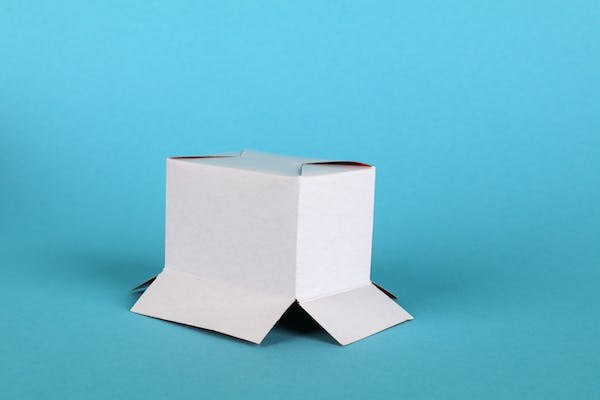Disaster can strike anyone, anytime, and anywhere. And when it does, the aftermath is often devastating. Not only do you have to deal with the physical damage to your home or business (requiring fire or water damage restoration), but also the emotional toll that comes with it.
If you have recently experienced a disaster leading to property damage, read on for some tips on coping economically and mentally.
Possible Damage to Your Home After a Disaster
The physical damage that your home sustains after a disaster will depend on the type and severity of the disaster, including:
- Fire damage. This can include the whole structure of your property and your belongings inside.
- Water damage. This can be from floodwaters, rain, or even leaking pipes.
- Wind damage. This can cause roofs to collapse, windows to shatter, and trees to fall on your property.
- Mold growth. If there is standing water or high humidity, mold can start growing within 48 hours.
Depending on the extent of the damage, you may clean and repair your home yourself. But in some cases, you need to hire a professional fire or water damage restoration company, such as this water and fire damage repair in Bowie, MD. In either case, it is important to document the damage by taking photos or videos and keeping receipts for any repairs or replacements done.
How to Cope Up Financially After a Disaster Causing Property Damage
1. File a claim from your insurance company.
Ensure to have your policy number and any other relevant information, such as a police report or documentation of the damage, on hand. Your insurer will send an adjuster to evaluate the damage and determine how much they cover. Once you receive the insurance payout, you can begin repairs or replacing damaged items.
If you need help paying for repairs that are not covered by insurance, there are a few options:
- Government assistance. FEMA (Federal Emergency Management Agency) provides financial assistance to those who have experienced a disaster. For example, they can grant you a loan to pay for flood restoration services or help you relocate if your home is uninhabitable.
- Personal loans. You can take out a personal loan if you need money to cover repairs not covered by insurance or government assistance. These are typically unsecured loans with fixed interest rates. It means that you will know exactly how much you need to repay each month.
- Credit cards. If you have good credit standing, you may be able to get a 0% APR introductory credit card. In other words, you don’t have to pay any interest on the money you borrow for a set period, usually 12-18 months. However, after the intro period ends, the interest rate will increase, so be sure that you can repay the full balance before that happens.
2. Start looking into your spending habits.
One of the best ways to save money is to look at your spending habits and see where you can cut back. For example, you may want to cook at home more often instead of eating out or switch to a cheaper cell phone plan.
3. Create or adjust your budget
A budget can help you track your income and expenses to make changes as needed. If you don’t have a budget, now is an excellent time to start one. And if you already have a budget, now is the time to review it and make adjustments as necessary.
4. Look for ways to increase your income.
If you struggle to make ends meet after a disaster, it may be time to look for ways to increase your income. This could include getting a part-time job or picking up some freelance work.
5. List down your debt.
Start by listing down your debts, including the interest rate, minimum payment, and balance. Then, prioritize your debts from the highest interest rate to the lowest. To save money on interest, you may consider consolidating your debt with a personal loan or transferring your balances to a 0% APR credit card.
6. filing for bankruptcy.
In some cases, filing for bankruptcy may be the best option. You must only consider this as a last resort after exhausting all other options. Hire a professional who can help you through the process if you decide to file for bankruptcy.
Mental Health After a Disaster
The psychological effects of a disaster can be just as devastating as the physical ones. If you have experienced a disaster, you may feel:
- Shock and disbelief
- Anxiety and fear
- Anger and frustration
- Guilt and shame
- Sadness and depression
- Loneliness and isolation
You must understand that these feelings are normal and that you are not alone. Many people have gone through similar experiences and come out the other side.
Tips for Coping with the Mental Effects of a Disaster
- Talk to someone who will understand. They could be a family member, friend, therapist, or counselor.
- Join a support group for people who have been through a similar experience.
- Get involved in the community response to the disaster. This can help you feel more connected and less alone.
- Take care of yourself. This means eating healthy, getting enough sleep, and exercising.
- Give yourself time to grieve. Always remember that it is normal to feel sad and depressed after a disaster.
Conclusion
No one wants to think about what would happen if their home was damaged in a disaster. But it is always best to be prepared, both financially and mentally. By following the tips above, you can ensure that you can recover if your home is ever damaged in a disaster.



